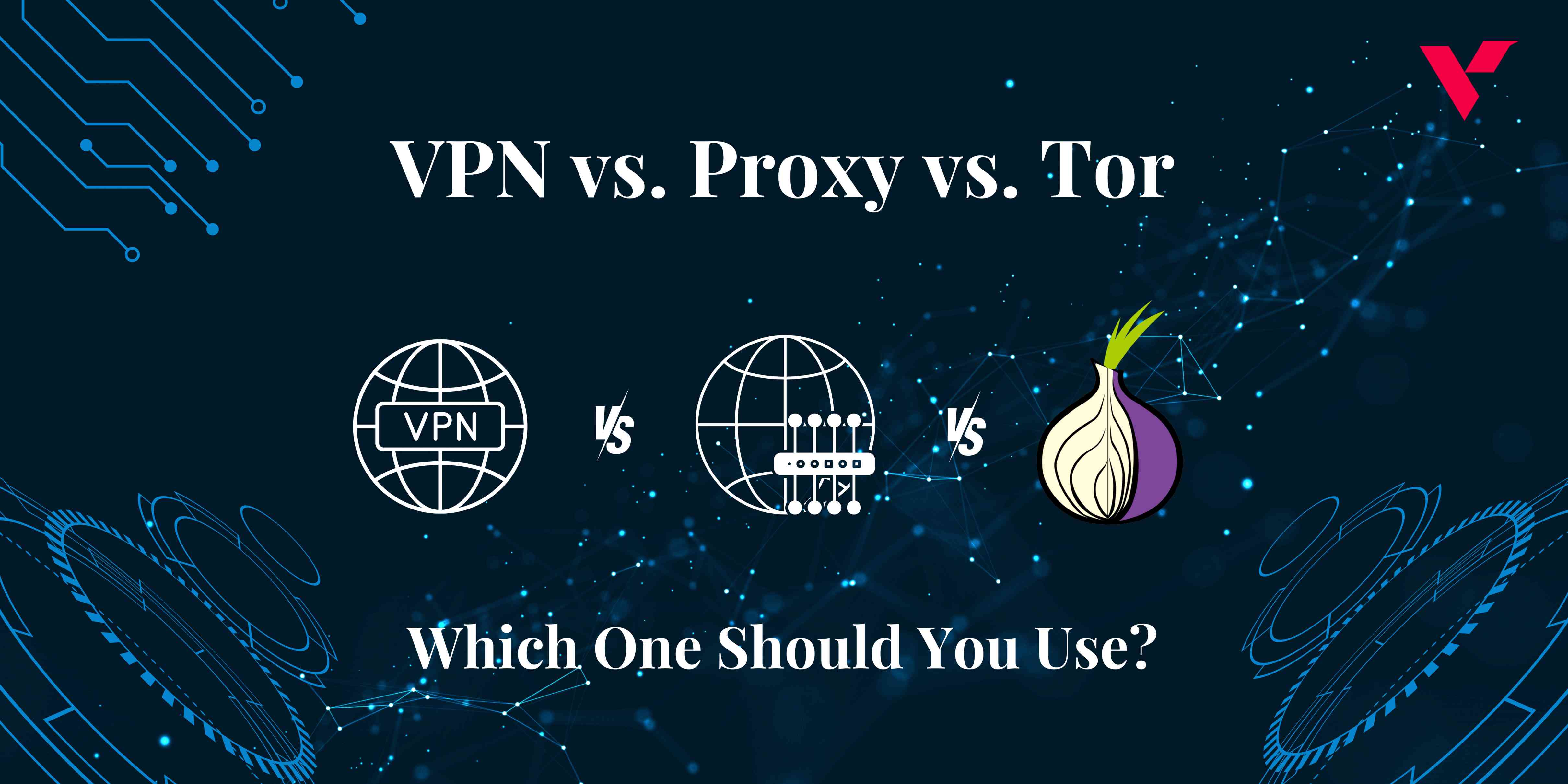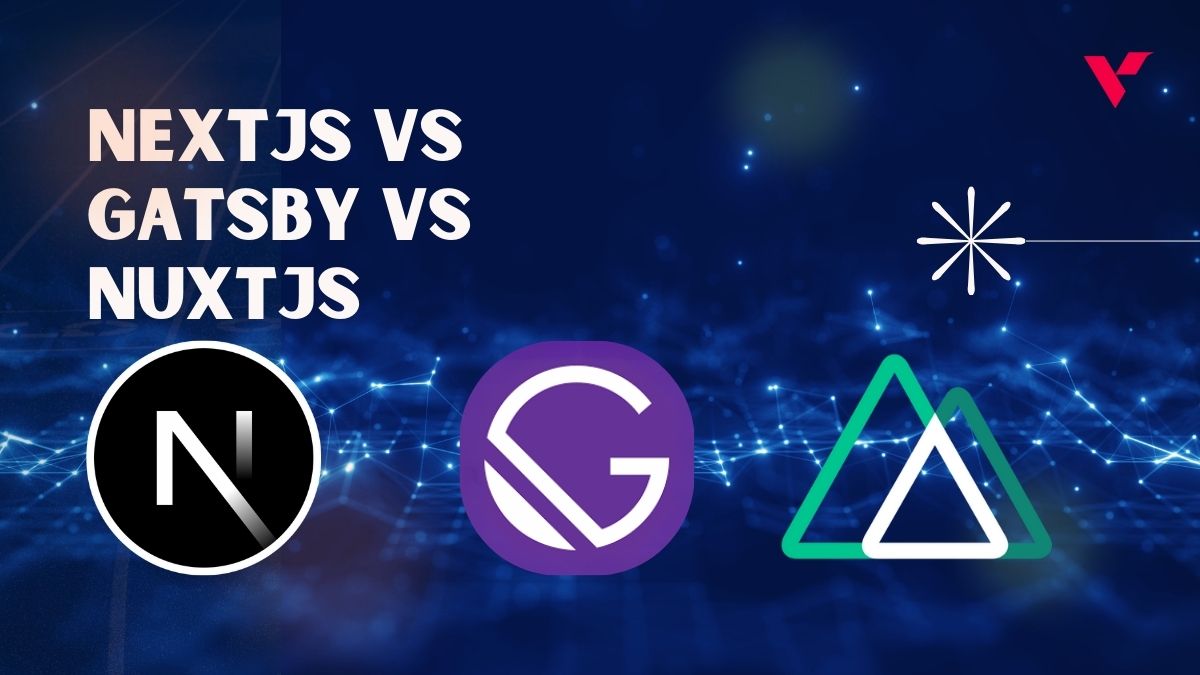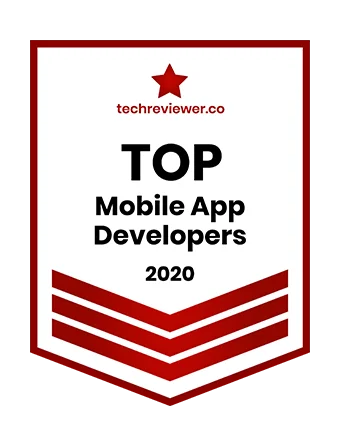Popular Tools by VOCSO
Every business today is moving with the flow of developing and strengthening its virtual existence. But do you wonder why and how? Let’s begin by telling you why a mobile application is so crucial for business growth.
With the advent of mobile and web applications in the market, it has become challenging to keep up with the mark and the reason is quite simple; a functional mobile application enables businesses in expanding their market and making their products and services more accessible to the tech-savvy audience This in return, increases the sales by manifolds.
In fact, more than 85% of people today prefer mobile apps over all other B2C communications and platforms and a good app framework increases visitor retention and conversion rates.
Table of Contents
Mobile App Development Process
As the world is gliding toward the advancement and technological development, the need of getting a mobile application has become imperative. The development of a user-friendly mobile app can result in the exponential growth of the company and elevated revenue.
Mobile application development is an entire process and the framework is the skeleton that provides the structure for the app. It consists of various programming languages, libraries, and tools that are required to build an app. To draw a clearer picture for a newbie, here is what a mobile application development framework includes:
1. Requirement Analysis
Mobile application development begins with analyzing the basic requirements of app development. It includes details covering the type of application, its purpose, prime features, in-app purchases, development platform, and many more functions you want your app to have. This also includes the type of app you need and the devices that you want to make it available for. Here, in this phase, we also decide the type of language we want for coding, the typing coding, and the process that will be followed.
2. Wireframe & Design
As the name implies, the second step includes creating the wireframe of the mobile application. Basically, here the developer begins with preparing the skeleton of the mobile application. Later, the designing phase enters the story in which the color theme and a rough structure of the mobile application are prepared.
Wireframe acts as a visual blueprint or guide for the application development professional. It gives them an idea about the final look of the mobile application.
3. Development
Once the design is ready and approved, the next step we have is one of the most important ones. It is mobile application development. Mobile application development involves several procedures required for creating a mobile application for Android, Windows, or iOS.
4. Q/A Testing
The next we have is QA, which services like vaccinating the mobile application against technical bugs. After mobile web development, it is crucial for the developers to test the application and identify the bugs. Once all the bugs are identified, their removal is the next step that walks in. Q/A helps in improving the overall performance of the mobile application before its launch. The app is tested in every possible manner to avoid any glitches.
5. App Launch
After ensuring bug removal, the mobile application is launched in the market for the users. But before the application launch, it is recommended to conduct thorough market research on how your competitors have launched their applications. What was their store faring? Once you have this information, remember to surpass their level with your mobile launch. Your marketing, promotions, and PR also come into play during this phase for more success. If you know how it’s done, then great. If not, it’s best to talk to a digital marketing agency and PR agency to help you with it.
6. Support & Maintenance
Support and maintenance are the final and continuous mobile application development steps. Once your app is launched in the market, it needs annual maintenance to ensure that it keeps working without any glitches.
So, if you are on your journey to develop a well-strategic mobile application with low investment, you can always choose no-code, open-source, or single-coding platforms. It is because they are cost-effective and are developed more quickly.
By following the above process guide for mobile app development, a development team can create a successful mobile application.
Top Mobile App Development Frameworks
In the current day and age, every business takes pride in having a mobile application. There are several practical, promotional, and marketing reasons for this. In short, mobile applications serve the purpose of redefining the traditional business model for providing more convenience to customers, just as they desire. With a user-friendly mobile application, your business can easily capture the attention of millions of users in the market.
Besides an innovative idea, a robust mobile application development framework is the must-have ingredient to create a functional mobile application.
A good framework makes the development process easier and faster and helps in creating high-quality apps. There are many frameworks available for mobile app development, but not all of them are good. In this blog post, we will discuss the best mobile app development frameworks that you can use to develop your next app.
What Is Mobile App Development Framework?
If you are planning to get a purposeful mobile application for your business, it is imperative to select the perfect framework.
It is out of the question to discuss mobile application development and not highlight their availability on App Store and Google Play. In short, the majority of apps are available on Android but not on iOS. It is because of the frameworks used for the development of these applications that make them functional for anyone of the iOSs, both, or multiple.
If you are still wondering what is mobile app development framework and how it works, Read on to get all your answers.
The mobile app development framework is software designed for creating strategic mobile and field-specific mobile apps. It has an on-the-go kit that comes with a programming interface, debugging tools, compilers, and many other tools.
Types Of Mobile App Development Frameworks
From windows to android and iOS, none of these devices are worthy without the existence of functional and purpose-oriented mobile applications. All of these apps that you find on your devices are developed through app development frameworks.
Talking about the types of app frameworks, there are various different mobile app development platforms. Some of the most used ones are
1. Swiftic
You must have a clear idea of the importance of coding when the discussion is about mobile and web app development. But the era is moving from hard work to smart work. So, in the same limelight, coded mobile app development is challenged by the Swiftic mobile app development framework.
Developers, pros in iOS app development, prefer Swiftic due to its unique and special features. It facilitates businesses in designing and launching a goal-oriented mobile application and boosts their yearly turnovers. Some of the best qualities of this framework include:
- No-Coded Mobile App Development Framework
Swiftic is a perfect example of a new-era mobile app development framework. The framework enables the mobile application developer to create an exemplary and innovative mobile application without spending hours on trying to string up an ideal code for each feature.
- Unified Control Panel
Swiftic is one of the simplest mobile application development frameworks used for iOS app development. Several features of this software are better than any other framework. One of the biggest pluses of using this platform for mobile app creation is that it allows the developer to design and launch the application through a unified control panel.
- Budget-Friendly
Deciding to get a mobile application is a great financial decision. A mobile framework that uses coding through various languages is somewhat costly. But, Swiftic is cost-effective and helps in producing mobile applications with hassle-free navigation.
Swiftic is ideal in many cases, but the framework has some drawbacks as well. The lack of APIs (Application programming interfaces) is one of the most highlighted drawbacks of the framework. Besides API, the application does not permit multi-user login. Only a single member can log in as there is no team management system.
2. NativeScripts
You must have heard of open-source mobile app development frameworks. Great! NativeScript is one of the most popular examples of open-source frameworks. Many developers out there rely blindly on these easygoing models. It is because NativeScript helps reduce several problems arising during the development phases. For an instance, this framework can easily create mobile apps with JavaScript, CSS, Typescript, and Angular. Concisely, it supports angular app development.
Normally, the developers do not require JavaScript to create an API-efficient mobile app. But the case is not the same with NativeScript. Using this platform, the mobile app developer can create an interface-efficient application, without developing the programming interface or giving up on JavaScript.
- Creates Multi-Platform Functioning Applications
An ideal framework can create mobile applications that are functional and can be operated on Android and iOS efficiently. Also, app development with NativeScript is never time-consuming. Several developers prefer NativeScript over other frameworks.
- Provides Omni-Channel Experience
As NativeScript supports Vue.js and Angular coding languages, it enables mobile developers to create feature rich applications. Besides, these computer languages let the developer expose their creativity to build Omni-channel experiences.
On average, 70% of developers can reuse their previously written code in their new projects. Whereas, other frameworks do not support the reuse of the previous code. For every step, the professional is required to create a new code, which can be a challenge for him.
- Improved Performances
Based on its overall working, NativeScript gives top-of-line performance and stability. Developing a mobile application with NativeScript helps the developer in reducing the overall development time required for Android apps by 30%.
With several recent updates in the mobile app development frameworks, NativeScripts has several new layouts and a TAB VIEW. It permits the developer in previewing his layout and make it even better. Moreover, an app developed with Tab View requires lesser codes in comparison to the non-previewing mode.
3. React Native
You’ve probably heard of React Native before! Today, we’ll tell you the things you don’t know about this framework. To begin with, React Native is an unbeatable mobile app development framework to build responsive and well-designed applications. These applications are easy to operate on all devices and platforms.
- Supports Multi-Platform App Creation
React Native is a popular mobile app development framework created by Facebook. It allows developers to create native iOS and Android apps using JavaScript. React Native has a large community of developers and is used by some of the world’s biggest companies, including Facebook, Instagram, Airbnb, and Tesla.
- Fast Development Cycle
React Native is a great choice for creating cross-platform mobile apps. It has a fast development cycle and can be used to create high-quality iOS and Android apps. React Native is also easy to learn, making it a good choice for both experienced developers and those new to mobile app development.
- Uses Single Code Base
React Native is one of the most popular mobile development frameworks. It enables the developer to create feature-rich mobile applications that work efficiently for Android and iOS equally.
- Hassle-Free Third-Party Plugin Integration
- Builds App For All Devices
- Less Coding Required
- Supports Platform Specific Mobile App Versions
- Single Codebase For Multiple Platforms
4. Xamarin
Xamarin is a cross-platform mobile app development framework that allows developers to create native apps for Android, iOS, and Windows Phones using C#. Introduced by Microsoft, it is a .Net framework that enables developers to create well-planned and goal-specific mobile applications.
Besides being a .Net platform, Xamarin is an open-source platform. It assists mobile app development professionals in designing cross-platform mobile applications. Several mobile app development professionals consider working on Xamarin due to the convenience it provides.
- Native UI Controls
Unlike traditional hybrid frameworks, Xamarin app development uses the native UI controls of each platform, resulting in apps that look and feel natural to users. Xamarin also has access to all the features of each platform, so developers can take advantage of the latest technologies without having to wait for them to be supported by hybrid frameworks.
- Supports Traditional App Development
In addition to supporting traditional app development, Xamarin also permits the creation of cross-platform mobile apps that can share code across platforms. This makes it an ideal choice for developers who want to target multiple platforms with a single codebase.
- Cross Platform Compatibility
Xamarin is a powerful mobile app development framework that offers developers a unique mix of native app development and cross-platform compatibility. If you’re looking for a framework that will allow you to create truly native apps or target multiple platforms with a single codebase, Xamarin app development is worth considering. Some top features of this mobile app development framework are:
- Multifaceted Frontend Support
- Faster App Development
- Accessible Diagnostic Tools
- Storyboard Libraries
- Supports App Development For Android, iOS & Windows
5. Flutter
Flutter is a cross-platform mobile app development framework created by Google in 2019. It is used to develop applications for Android and iOS. Flutter is based on the Dart programming language and uses the Skia graphics engine. It has been designed to provide a fast, smooth, and responsive experience for users. It provides the best cross-platform app development.
- Supports Native App Development
In the world of mobile app development, Flutter is one of the fastest and most responsive mobile app development frameworks. It also enables app development professionals to create native applications.
- Creates Reliable Mobile Apps
Flutter was introduced by Google. It is an open-source mobile app development framework that helps in the creation of reliable and trusted mobile applications. Besides, it encourages the developers in creating a mobile application by using a single code. Applications for mobile, Windows, and desktops can be created on Flutter.
Mimics Native Apps
One of the most highlighted features of Flutter is that it supports the creation of several native-like applications. It also includes customized options like widgets and other API-related tools. Applications like AliBaba and Google Ads are the greatest examples of applications created by using Flutter.
Some of the features of Flutter include
- A fast and responsive framework
- The ability to create high-quality, native-looking apps
- A simple and efficient way to develop cross-platform apps
- Ahead-of-time (AOT) compilation for faster build times
- Hot Reload for quickly iterating on code changes
- Support for multiple platforms (Android, iOS, Windows, Mac, Linux)
- Built-in Material Design and Cupertino (iOS) widgets
- Rich animation and graphics libraries
- Stateful hot reload, allowing for a rapid development workflow
Types Of Mobile App Development Platforms
The use of mobile applications is increasing every day. From business, entertainment, and skill learning to getting recent news updates, there is a mobile application for everything. But have you ever thought about various mobile app development platforms? Well, don’t worry, here we will tell you about three types of mobile application development:
1. Native Mobile Applications
You must have heard about Native Mobile Apps before. Native mobile apps are platform–specific mobile applications. These apps are only limited to function on Android, iOS, and windows. However, the coding language is different for each platform. Objective-C and Swift are used for iOS. The developers use JavaScript for android mobile app development.
Pros Of Native Mobile Apps
- Native mobile applications encourage the features such as pinching and swiping.
- As they are platform-specific, their testing is simpler, hence debugging is also easy.
- Native mobile apps have several monetization advantages.
- These apps enable easy access to GPS & web cameras.
- They offer remarkable user experiences with excellent interfaces.
- Natives permit offline usage which makes them preferable.
Cons Of Native Mobile Apps
- Being platform-specific, it can only be used on specific platforms. For instance, the android app does not work on iOS, and vice versa.
- Requires high investment –hence development is costly.
- In terms of safety and security, mobile applications are not safe. They are vulnerable to security breaches.
- The platform-specificity limits its reach.
2. Hybrid Mobile Apps
As the name implies, Hybrid mobile applications are partially native and partially web. Concisely, they are web applications that are designed to look and function like native applications. Hybrid mobile applications are remarkable in terms of designs, responsiveness, layout, functionality, and offline working. These applications are unbeatable in terms of security as well. Most mobile development professionals consider the hybrid platform as it permits them to reuse their previous versions or codes. Overall, this saves them a lot of time and money, making it an optimal option for professionals.
Pros Of Hybrid Mobile Apps
- Hybrid applications are easy to build.
- Being functional on multiple platforms saves considerable development time.
- Hybrid applications demand minimal investment in comparison to native mobile applications.
- These apps also offer monetization in case the developer demands charges for downloading the application from App Store or Play Store.
- Hybrid app development is better in terms of security.
Cons Of Hybrid Mobile Apps
- Hybrid applications are low in terms of performance, as compared to native applications.
- Once the app is developed it is challenging to identify bugs in them.
- Bug fixing is a time-escalating task in hybrid applications.
3. Mobile Web Applications
Do you often get confused between mobile applications and mobile web applications? Don’t worry, we will tell you the primary difference between the both. To begin with, mobile web applications are basically not applications. Yes, they are native-like websites. The mobile web application operates through the web browser, but its interface is similar to that of the mobile applications.
The best thing about these applications is that they are single-code applications, efficient to operate smoothly on all kinds of devices. In terms of development, there are no strict rules for the developer while designing the application.
Pros Of Mobile Web Applications
- These applications are operable on all devices.
- Mobile web applications are offers cross-platform compatibility.
- These applications are cost-effective and do not require much time for development.
- As it operates on web browsers, there is no tension in upgrading the app.
- Mobile web applications are available on both Android and iOS.
Cons Of Mobile Web Application.
- Mobile web applications do not support the use of a camera or GPS location.
- The overall capacities of mobile web apps are lesser as compared to mobile apps.
- They do not support graphic applications.
How can VOCSO help here?
VOCSO is a web development company offering custom CMS development, custom website design and development, custom web application development, and custom mobile app design and development services in and out of India.
We also provide dedicated resources for hire:
- Hire AngularJS Developers
- Hire ReactJS Developers
- Hire Dedicated PHP Developers
- Hire Laravel Developers
- Hire NodeJs Developer
- Hire NextJS Developers
Conclusion
With so many different mobile app development frameworks to choose from, it can be quite daunting to decide which one is right for your project. But, by taking the time to research each option and understand its pros and cons, you’ll be able to make an informed decision that will help you create the best possible products. We hope our overview of the best mobile app development frameworks has been helpful in getting you started on your journey with the list of options.


















